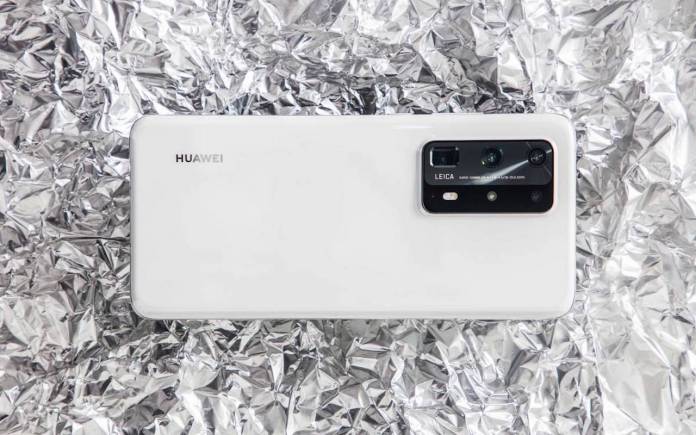
Earlier, we told you that China may retaliate against some US companies over continuing the Huawei ban. It’s been over a year since the Trump government has become serious with the trade ban over security threats by China. There is no change in the policies and we don’t think that will happen, at least, not yet. Last week, we remember saying Huawei and ZTE were still banned but could still do business with US firms. With China sharing its intention to retaliate, the United States may respond by cutting Huawei totally off from the list of global chip suppliers.
It was only last Friday that the Trump government made the move to block chip supplies to Huawei. This could mean a number of things for US firms and China. The latter is said to retaliate.
Things may become more complicated if the administration will require licenses from companies using US tech that sell to Huawei. It appears the US is really bent on stopping the top two mobile OEM. A Commerce Department official shared these words in a briefing: “This action puts America first, American companies first, and American national security first.” It’s really all about the Americans. Huawei has not made any official comment on this move yet.
This particular move by the US has an immediate effect on European stocks. Traders who heard the news sold some of their stocks. In China, Beijing is said to put US firms on an “unreliable entity list”.
The move has also hit TSMC (Taiwan Semiconductor Manufacturing Co Ltd.)–another supplier of Huawei. TSMC uses US equipment and now it’s being required to get a license. Meanwhile, restrictions may be given by China to US brands like Cisco, Qualcomm, Apple, and even Boeing.
The U.S. Department of Commerce has a press release regarding the issue”
“The Bureau of Industry and Security (BIS) today announced plans to protect U.S. national security by restricting Huawei’s ability to use U.S. technology and software to design and manufacture its semiconductors abroad. This announcement cuts off Huawei’s efforts to undermine U.S. export controls. BIS is amending its longstanding foreign-produced direct product rule and the Entity List to narrowly and strategically target Huawei’s acquisition of semiconductors that are the direct product of certain U.S. software and technology.”
Wilbur Ross, Secretary of Commerce Wilbur Ross, also shared: Despite the Entity List actions the Department took last year, Huawei and its foreign affiliates have stepped-up efforts to undermine these national security-based restrictions through an indigenization effort. However, that effort is still dependent on U.S. technologies.
The department now wants to be strict and make sure Huawei and HiSilicon’s exploitation of the rules must be corrected. Ross added, “We must amend our rules exploited by Huawei and HiSilicon and prevent U.S. technologies from enabling malign activities contrary to U.S. national security and foreign policy interests.”
This is still a developing story. We’re hoping things will be better but we highly doubt the US government and China will make peace anytime soon.









